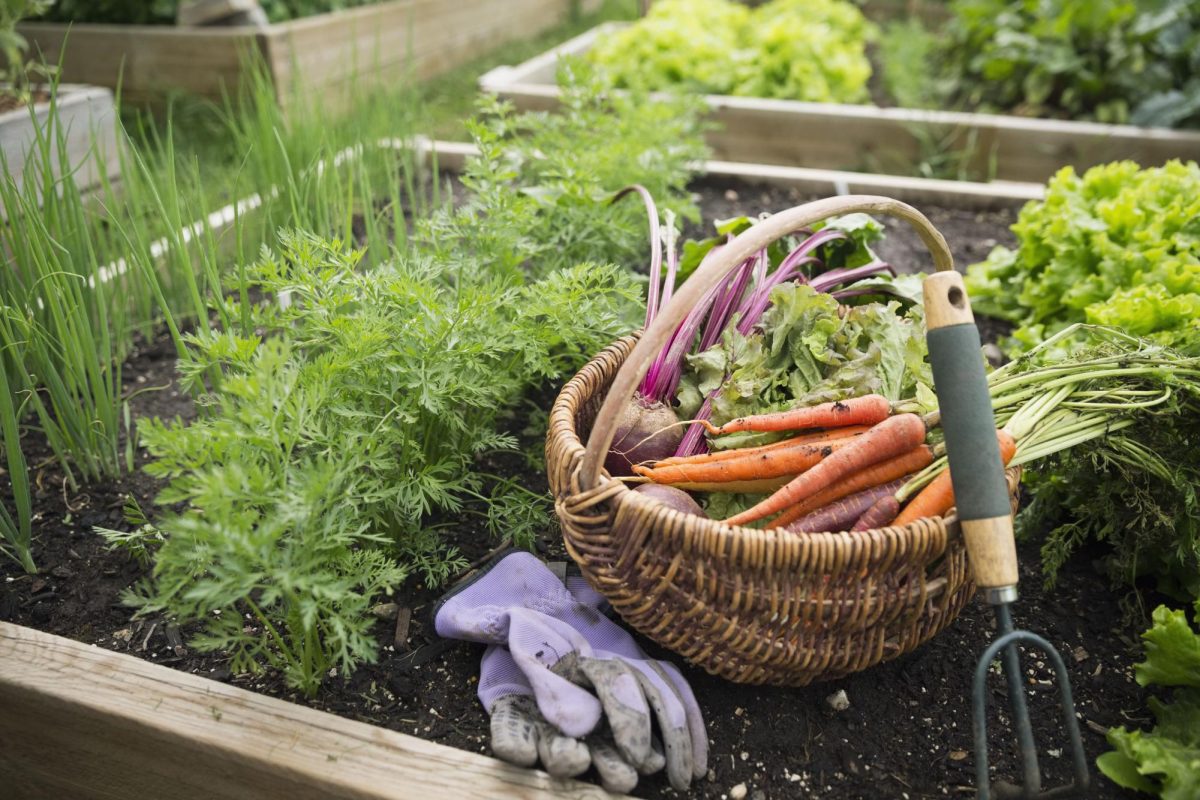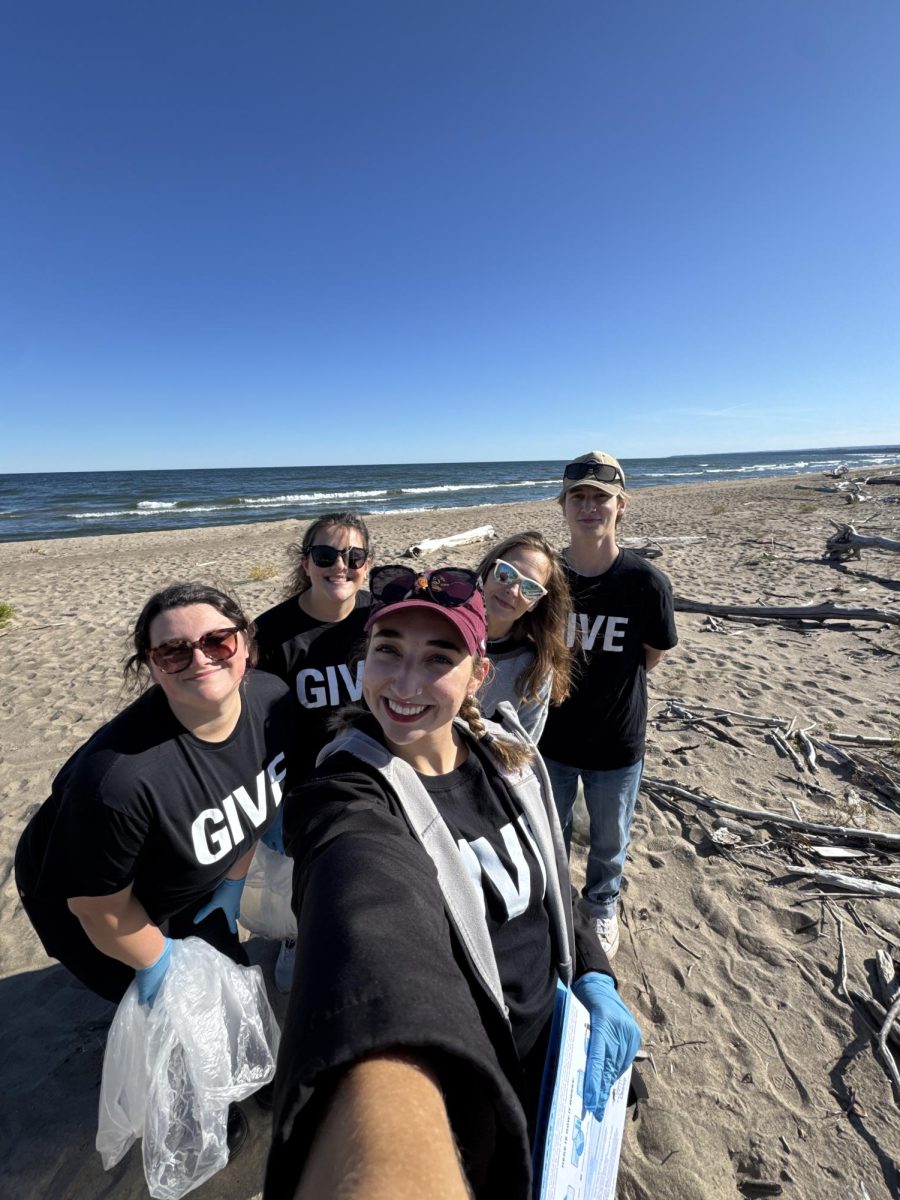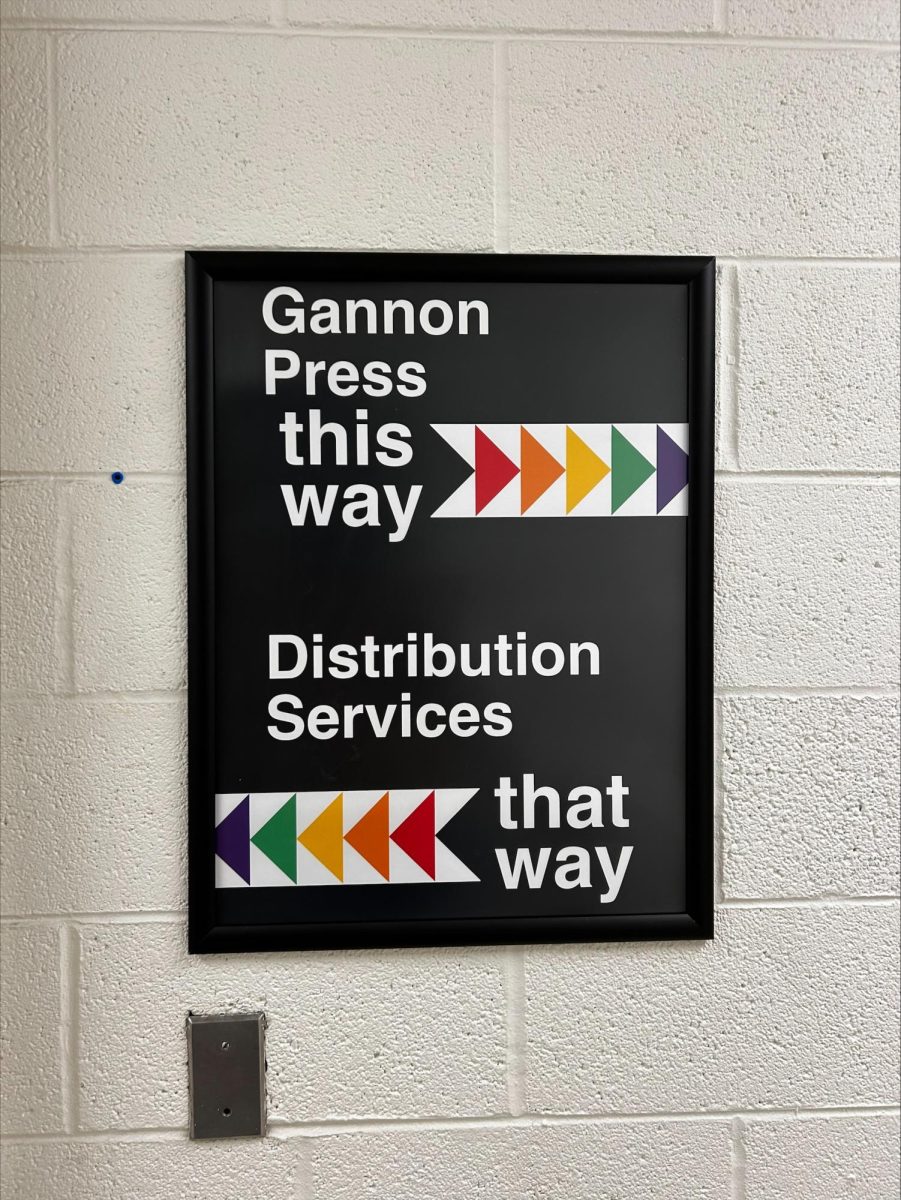October 17, 2025/Midnight
Erie, PA. — I started to seriously garden about three years ago. It started with a few tomato plants and has become a cycle of learning about new plants, how to grow them, and failing constantly until I’m able to get some to sprout. After all that trial, and all that failure, it’s still something that feels incredibly easy in my memory.
I’ve always had a fascination with how things are made. As a little kid I learned how to sew and knit and bake, and I continue to learn these things as an adult. During the pandemic, I was one of thousands who spent their time making bread and crocheting clothes, entirely entrapped by the process of creation.
The hours of cooking, gardening, and making clothes have really made one thing very clear: it takes a lot of time, effort, and money to sustain our lives. So much, that we don’t realize the amount of resources that we casually throw away.
You start planting tomato seeds in February, and you get your first tomato of the season in July. Six months out of your year are spent watching a small speck of green slowly shoot up out of the earth, adjusting lights so that they don’t get too leggy, waiting to transfer your seedlings at the right time, waiting for the first flower to sprout, and then when you have a little green fruit, waiting until it’s the perfect shade of red to pick it. One tomato takes six months of careful work.
Suddenly, I became very uncomfortable with the amount of food I wasted. That we globally waste. Because if one tomato takes six months, then so do the potatoes, and wheat, and sugarcane. So do the animal products that we consume, and the animal byproducts.
For the past three entire months, I’ve worked on crocheting a cardigan. Three months produced one single piece of clothing. It makes the entire fast fashion industry seem ridiculous when you must put effort behind every stitch yourself.
The more I create from scratch, the more I learn that as a society, we’ve become incredibly detached from our food, our clothes, and each other. We don’t care for our workers, and we hardly care for the products they create.
Take some time to learn a new skill but also think about the people that regularly fill that role for you. Learn about gardening and then think about the farmers that work all day only for their crops to be wasted. Pick up a crochet hook, and the next time you go to throw away a ripped sweater that could easily be mended, you’ll remember the hours someone spent working on it.
Learning where things come from detaches you from consumerism. It forces you to be an active participant in your own life. It will make you feel a sort of shame, at times, for the ungratefulness that so many of us approach life with. But more often than that, you’ll be filled with satisfaction at the idea that you can sustain yourself a little better than you did yesterday.











